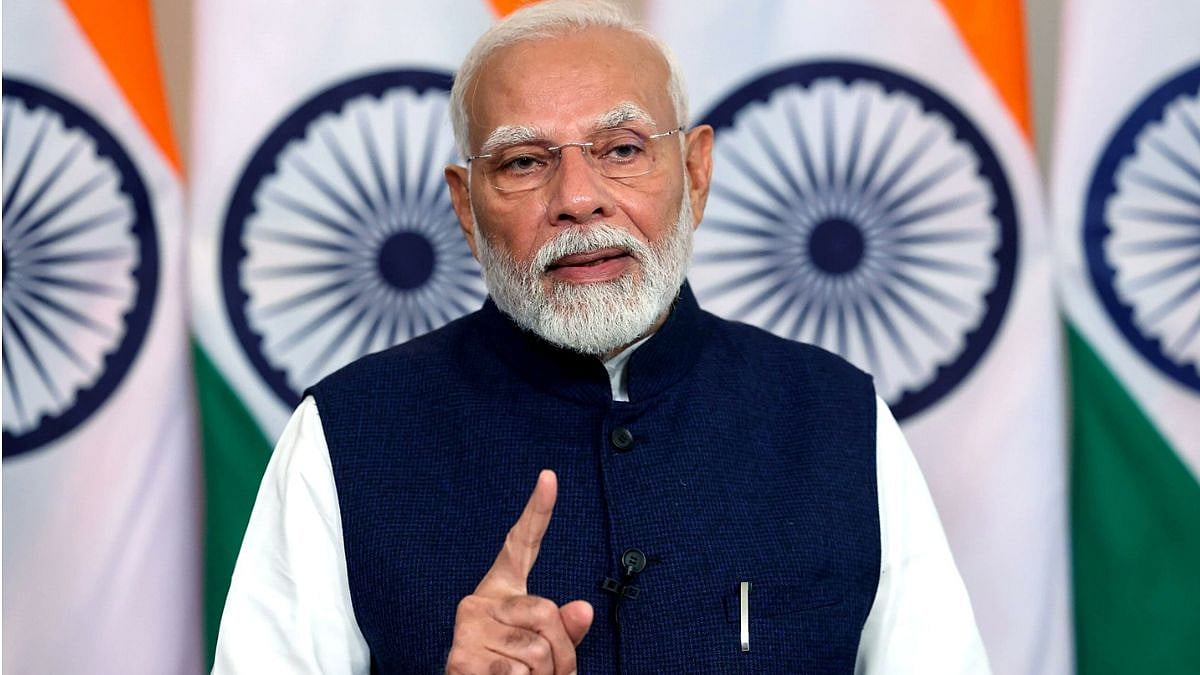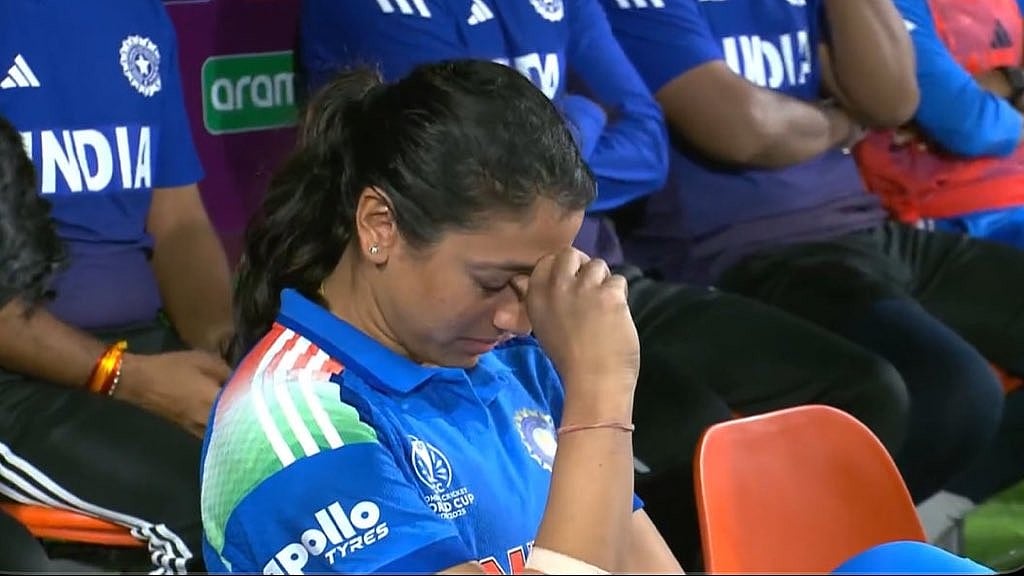New Delhi: CPI(M) has exuded confidence that more regional parties would join the non-Congress, anti-BJP combination of 11 Left and secular parties ahead of general elections, as its leadership meets here this weekend to discuss the emerging political scenario.
A meeting of the party’s Central Committee from Saturday comes days after top leaders of nine of these parties met here to announce their coming together for the upcoming general elections.
The crucial meeting would also discuss the broad contours of the CPI(M)’s manifesto for the elections, sources said.
Senior CPI(M) leader Sitaram Yechury said these nine parties together represented states having a total of 265 Lok Sabha MPs. The parties are AIADMK, SP, JD(U), JD(S), Jharkhand Vikas Morcha, CPI(M), CPI, RSP and Forward Bloc.
Taking into fold the BJD and Asom Gana Parishad which are participating in the process but whose leaders did not attend the meet, the number of MPs would go up to 300, Yechury said.
Apart from these 11 parties, People’s Party of Punjab, Prakash Ambedkar’s Republican Party in Maharashtra and “many other regional parties are expressing their intention to join such a coming together of secular opposition parties in the interests of building a better India,” he said in an editorial in the forthcoming issue of CPI(M) organ ‘People’s Democracy’.
These parties are either ruling or are the main opposition from various major states that send an overwhelming majority of MPs to the Lok Sabha, he said.
Referring to the Joint Declaration issued by the 11 parties after their meeting, Yechury said, “The people’s yearning for relief can only be met by an alternative policy trajectory. As far as the economic policy direction and corruption are concerned, people see little difference between the BJP and the Congress.”
“Additionally, the BJP, acting as the political arm of RSS, continues to sharpen communal polarisation through the pursuit of its hardcore Hindutva agenda,” Yechury said, adding RSS was reportedly placing 2,000 of its hardcore “ideologically dedicated” and “sound” cadres in the BJP.
He said in case the RSS-BJP came to power, it would lead to “sharpening of communal polarisation and heaping of economic miseries on the vast mass of our people.”
Hence, “India Inc. and their mentors — international finance capital, appear very worried” at the prospects of Left and secular parties coming together “which is likely to upset their expectations of greater profit maximisation at the expense of the Indian people. The corporate media is not far behind in this context,” the CPI(M) leader said.
The possibility of the emergence of such a political alternative has, “naturally, put a spook in the wheels of those who are not only comfortable with the political bipolarity, Yechury said.
Such a bipolarity “suits all vested interests because all their objectives converge with either of this pole holding the reins of the central government.”
An alternative policy trajectory “can only come about through a political alternative that will necessarily have to be a non-Congress, non-BJP combination,” Yechury said.










